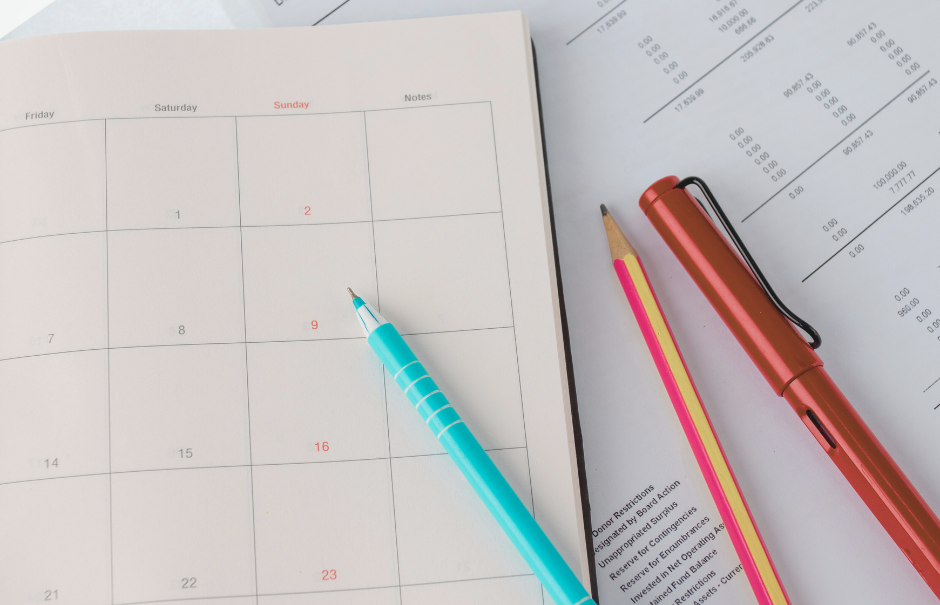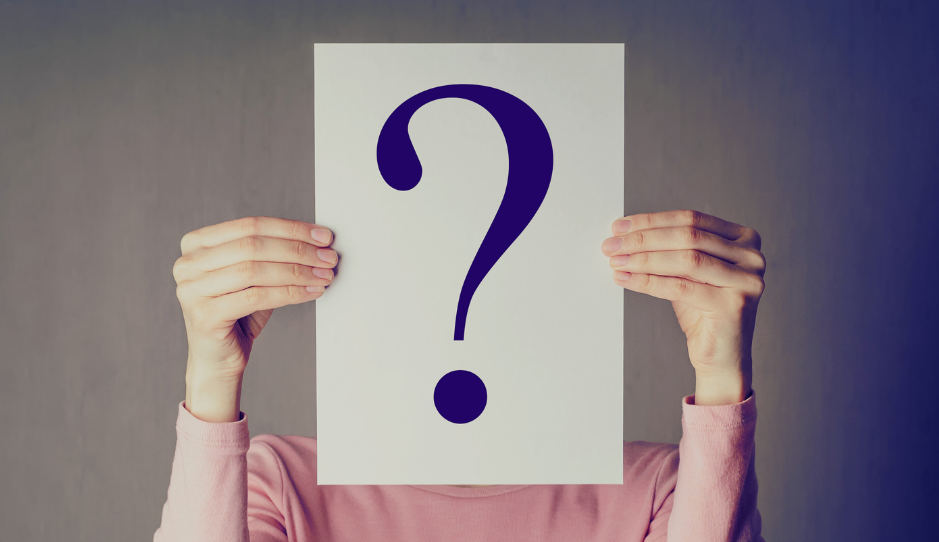Keeping clinical notes is an important part of our work as counsellors. When we are first starting out in counselling training, figuring out what to include in our counselling notes is a learning curve.
The purpose of these notes is to help you remember what was discussed in previous counselling sessions. They provide a link from one therapy appointment to the next.

Label each clinical note
Start your clinical note with the session number and the scheduled date and time of the appointment.
It can also be useful to create entries even when a client DNAs or cancels at last minute, as well as noting if they arrived early or late to help you capture an overview of any unconscious communications that may be playing out in the process.

Anonymise your notes
In accordance with GDPR and confidentiality best practice, clinical notes should always be anonymised and stored separately from the client’s contact details.
They are a brief overview of the session that omits any specific personal details, for example, names or other identifying details, whilst helping you to keep track of the counselling process and loosely formulate your ongoing therapy plan.
At the start of a new counselling relationship therefore, you may need to have longer more detailed notes that contain the client’s presenting issues, symptoms, any medication they are taking, current support network (I’m terrible with names, so I always make sure to note the names of key people in the client’s life), family history, key life events etc.
I’d also recommend making a note of anything significant happening in your client’s life between now and the next session e.g. birthdays, interviews, exams, visits home etc. so you remember to check in about how these things went. This is really important for relationship building and it can be surprisingly easy to forget this kind of information once you have a larger clinical caseload.
As the therapeutic relationship and your understanding of the client deepens, you’ll likely find that brief bullet points of key themes and upcoming events will suffice.
Clinical notes help you to link what the client talks about in sessions to their presenting issues. They are your way of digesting the session after the client leaves and reacquainting yourself with where you are in the counselling process before they arrive for their next appointment.
So, include any information that you think you need to record to achieve this.

Bear in mind that your notes may have to be shared
Remember that clients have the right to see their clinical notes at any time and that sometimes sight of your notes can be requested by 3rd parties like solicitors and the police.
With this in mind, clinical notes are ideally kept to a minimum.
Brevity is key and it should be made clear, perhaps by adding a question mark, whenever recording anything hypothetical about the client, such as their internal dynamics or your meta thoughts about the process in your counselling notes.
Store your clinical notes securely with Kiku
Try for free